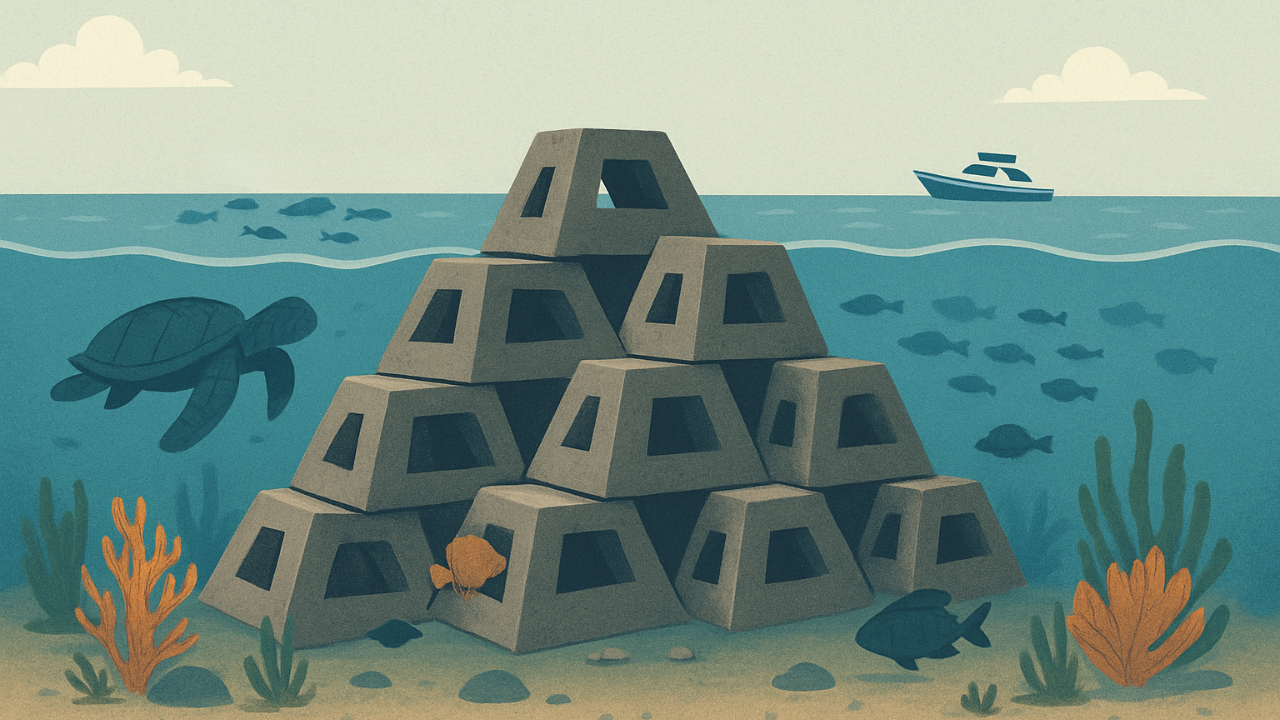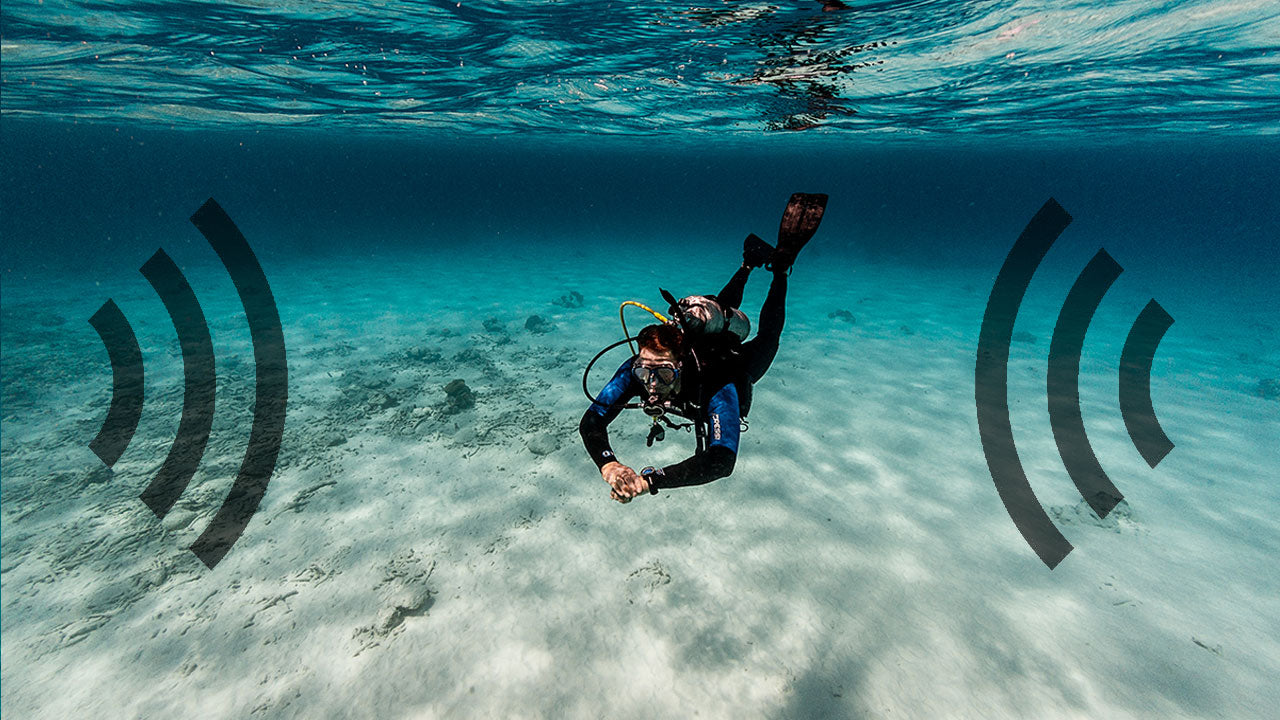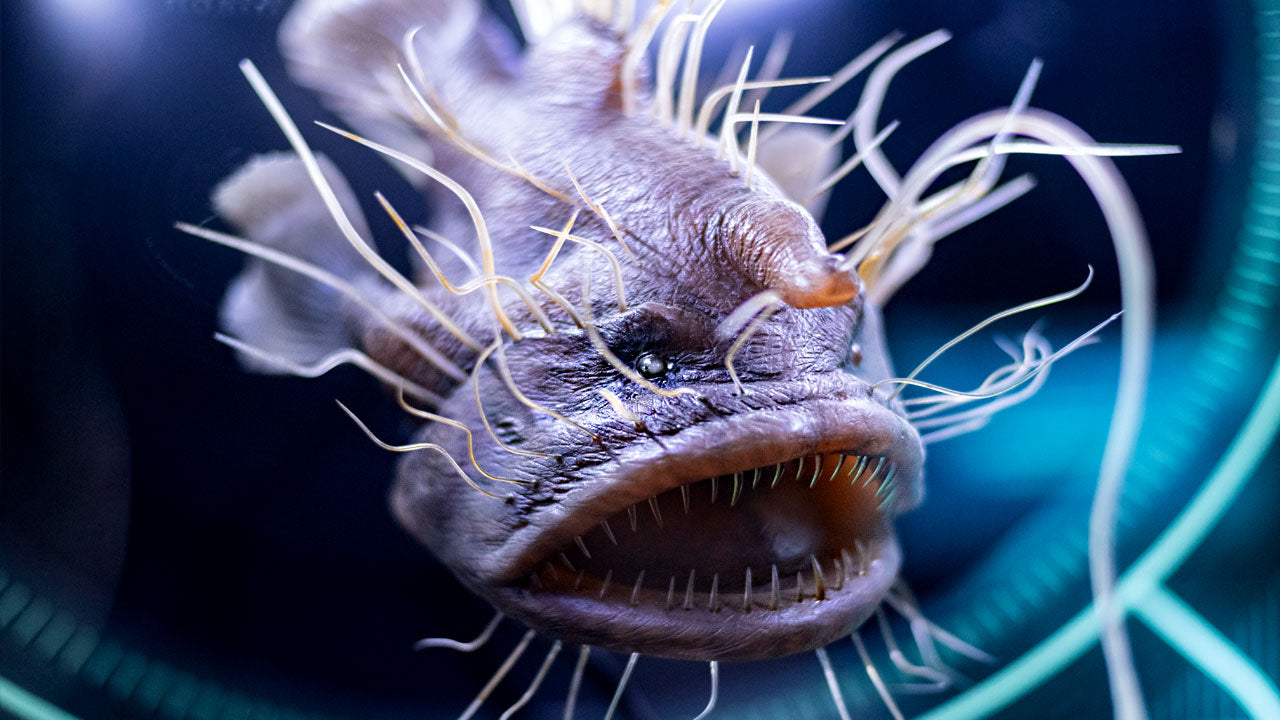Shark Baiting: Myth vs Truth
Many recreational divers want to experience the thrill of seeing a shark from close proximity. Shark baiting is one of the ways to achieve this. While this activity is becoming fairly popular, it is also very controversial, as it may lead to potentially aggressive behaviors by the shark population. The decision of whether or not to engage in this exercise is totally up to you, but before you make it, take a look at a few misconceptions and facts about shark feeding and baiting.
Myth: Shark feeders and shark baiters aim to conserve sharks.
Truth: Dive industry-endorsed shark feeders and shark baiters aim to profit from so-called "interactive" shark feeding tours that harm marine wildlife and compromise public safety.
Myth: Shark feeding is a non-issue because shark finning is worse.
Truth: Just because there are people doing worse things to sharks does not make shark feeding trivial, or a non-issue.
Myth: Baiting sharks or feeding sharks does not modify shark behavior.
Truth: Manipulating sharks with bait to approach dive boats and "perform" for a dozen or more thrill-seeking scuba-diving tourists, or "model" for underwater photographers, severely damages their natural defense mechanisms and significantly increases the probability they will be killed by shark fishers.
Myth: Feeding or baiting sharks is the solution to finning sharks.
Truth: There is no evidence that the billion-plus consumers who eat sharks are motivated by hatred, fear, and revenge, nor that rebranding sharks as "circus" or "rodeo" performers will make them less appetizing. Since the dive industry-endorsed "interactive" shark diving, the number of sharks killed every year has tripled to satisfy the increasing Chinese demand for shark fin soup.
Myth: People get their information about sharks from Hollywood horror movies.
Truth: Most people do not get their information about sharks from crude, dated Hollywood horror movies (JAWS) nor underwater image touts masquerading as conservationists. While it is natural to fear apex predators such as bears, lions, tigers, and sharks, it is not natural to wish them to be wiped off the face of the planet. People understand that most big animal species are threatened by human activities and should be protected.
Myth: Pretending that sharks do not eat humans will help protect them.
Truth: Whale sharks are renowned as the gentle giants of the shark world. They do not eat humans, yet they are among the most endangered of all shark species. While not the preferred main course of apex predators, the notion that humans are somehow exempt from the menu is almost as absurd as the notion that encouraging people to bait, feed, poke, prod and ride sharks will stop one billion-plus people from eating them.




